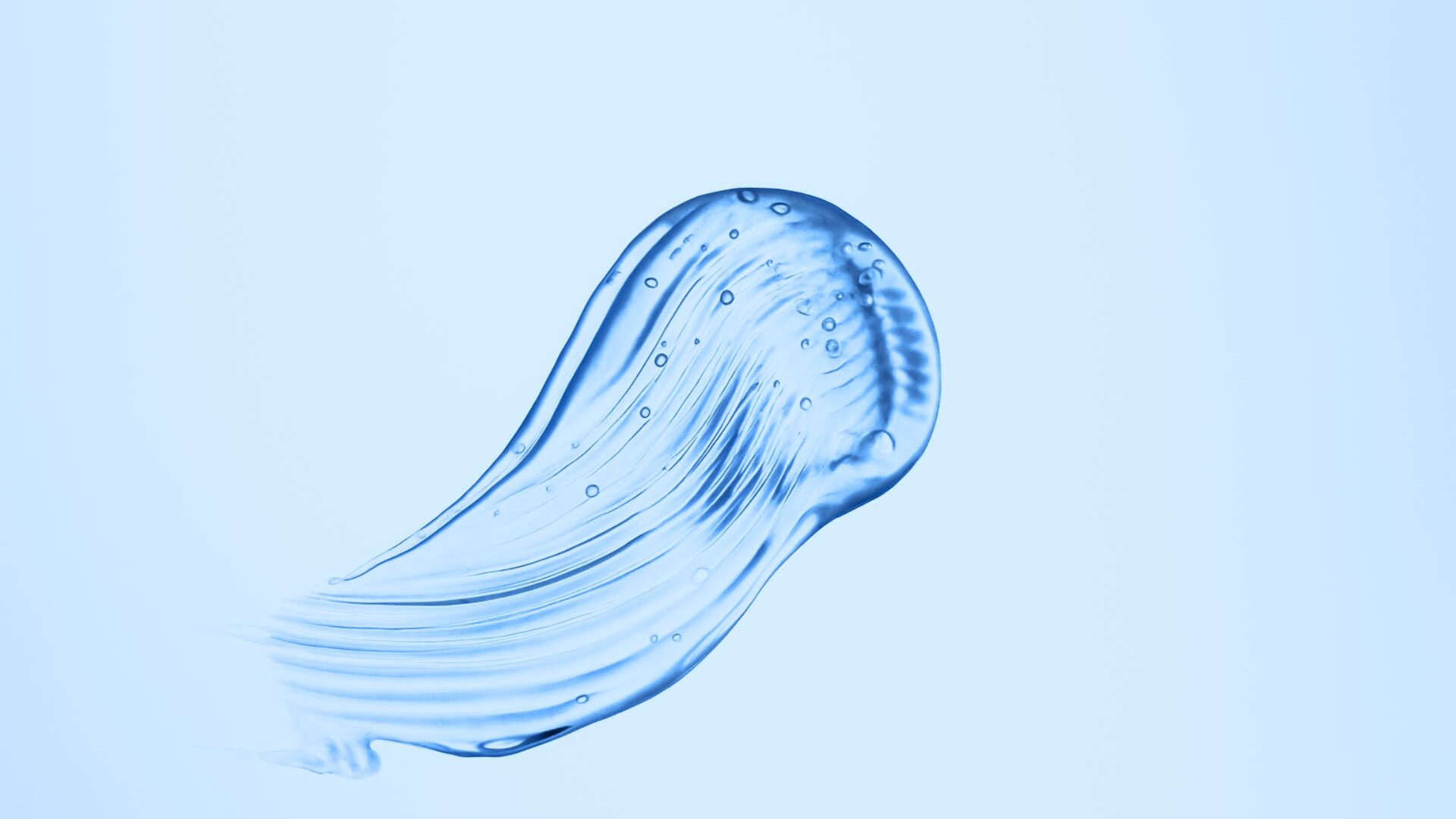SUBSCRIBE TO OUR NEWSLETTER & RECEIVE $25 OFF* LEARN MORE
Teeth grinding & jaw tension
Book an appointment
Book an appointment
Teeth grinding, also known as bruxism, and persistent jaw tension often happen without us even realizing it. They can be linked to stress, poor bite alignment, or sleep disturbances and may result in symptoms like facial soreness, headaches, tension around the temples, or worn-down teeth over time. For many, this discomfort builds gradually until it begins to interfere with daily comfort or rest.
This concern is not just physical. Constant jaw tension can subtly affect how you speak, smile, or carry yourself, and over time may create a feeling of tightness or heaviness in the lower face.
Non-invasive treatments can help relax the muscles responsible for clenching and grinding while preserving natural movement and expression. With a personalized approach focused on comfort and well-being, it is possible to release tension and feel more at ease in your body and your day.
& jaw tension?
Stress and Anxiety
Emotional stress is one of the leading triggers of involuntary clenching or grinding, especially during sleep. When the nervous system is overactivated, the jaw muscles tend to hold tension—sometimes with enough force to wear down teeth or cause morning pain.
Muscle Overactivity
In some individuals, the masseter muscle, which is one of the main muscles responsible for chewing, becomes overactive or overly strong. This can lead to a square appearance of the jawline, chronic tightness, and even discomfort associated with the temporomandibular joint (TMJ).
Sleep Disturbances
Bruxism is often associated with sleep disorders, such as sleep apnea, or periods of restless sleep. Grinding typically occurs unconsciously during certain sleep phases and may go unnoticed until symptoms begin to appear.
Bite Misalignment or Dental Issues
In some cases, malocclusion (improper bite alignment), missing teeth, or recent dental work can cause the jaw to shift or compensate during chewing or rest. This can contribute to uneven tension and involuntary clenching, particularly when combined with stress.
Lifestyle Factors
Habits like chewing gum excessively, poor posture, high caffeine or alcohol intake, or even dehydration can exacerbate jaw tension by keeping the muscles in a constant low-level state of contraction.
At Victoria Park Medispa, we offer non-invasive, medically supervised treatments to help relax overactive jaw muscles and relieve the symptoms of teeth grinding without altering your natural facial movement. Our personalized approach can help soften the appearance of a tense jawline, reduce discomfort, and support better sleep and overall relaxation.
Teeth grinding & jaw tension
Solutions

Botox®
Neuromodulators relaxe the masseter (and sometimes temporalis) muscles to reduce clenching, grinding, and jaw tension.
Who it’s for: People experiencing jaw pain, tension headaches, tooth wear, or an enlarged jawline caused by muscle overuse.
Treatment plan: Injections every 4 to 6 months, customized based on muscle size and individual symptoms.
Results: Noticeable relief within 1 to 2 weeks, with reduced tension, fewer headaches, and in some cases, a slimmer, more refined jawline.

Not sure which treatment is right for you ?
Schedule a complimentary consultation with our experts to discuss your needs
WHY CHOOSE
VICTORIA PARK MEDISPA
-
Financing
Our partnership with Beautifi means our patients can get the treatments they deserve with low-interest, flexible monthly payments.
-
Price match policy
If you discover a better price on laser-based aesthetic services, let us know, and we’ll match that figure.*Details apply.
-
Access to the best experts
Our medical team is made up of the country’s top board-certified plastic surgeons and dermatologists. These experts are supported by a team of dedicated registered nurses who are passionate about helping you achieve your aspirations.
FAQ
Got questions about teeth grinding & jaw tension? We’ve got answers!
Yes. Chronic bruxism (teeth grinding or clenching) can wear down enamel, cause microfractures, lead to tooth sensitivity, and, over time, result in structural damage if left untreated.
Not entirely. Neuromodulators, such as Botox®, reduce the intensity and frequency of grinding by relaxing the overactive jaw muscles. However, they do not necessarily eliminate the habit completely, especially if it is linked to stress or sleep disorders.
Yes. When administered by a qualified professional, neuromodulators such as Botox® are safe and well tolerated. They are used to target the masseter and temporalis muscles to reduce jaw tension and clenching.
Yes. Neuromodulators relax the muscles just enough to limit excessive contractions without affecting chewing, speech, or facial expressions.
Yes. Overactive jaw muscles can lead to tension headaches and even contribute to migraines. By reducing this tension, neuromodulators often provide significant relief.
No. Results usually last between 4 and 6 months. With regular treatments, muscle overactivity can gradually decrease, and some people find they need fewer maintenance sessions over time.
Some of the most frequent symptoms include jaw pain, morning headaches, flattened or chipped teeth, and stiffness or clicking of the temporomandibular joint. Many people grind their teeth during sleep without realizing it until symptoms appear.
Neuromodulators, such as Botox®, temporarily block certain nerve signals sent to the jaw muscles, causing them to relax. This helps reduce pain, limit dental wear, and decrease pressure on the temporomandibular joint.
Most patients notice relief within 1 to 2 weeks, with effects lasting 4 to 6 months. Over time, some may experience longer-lasting benefits with regular treatments, as muscle activity diminishes.
Very little. The injections are quick and often described as small pinches. A numbing cream can be applied before treatment to enhance comfort.
Yes. Chronic clenching can enlarge the masseter muscles, giving the jaw a squared appearance. By reducing the activity of these muscles, neuromodulators can gradually slim the lower face for a more harmonious contour.
Bruxism refers to grinding or clenching of the teeth, often during sleep. TMJ disorders involve the jaw joint itself. While these are two distinct conditions, they are often related. Neuromodulators, such as Botox®, can provide effective relief when muscle overactivity contributes to both.
Recent
articles
Request an appointment
Let's get in touch
Not ready to book your consultation yet? Contact us by filling in the form below or call us at 514.488.8668 to discuss your questions with a member of our Appointment Concierge Team. We look forward to helping you.


